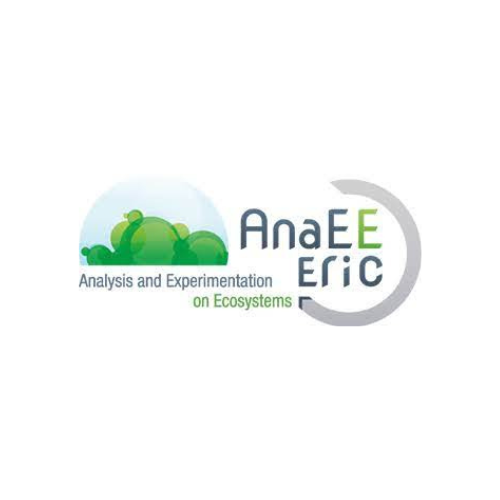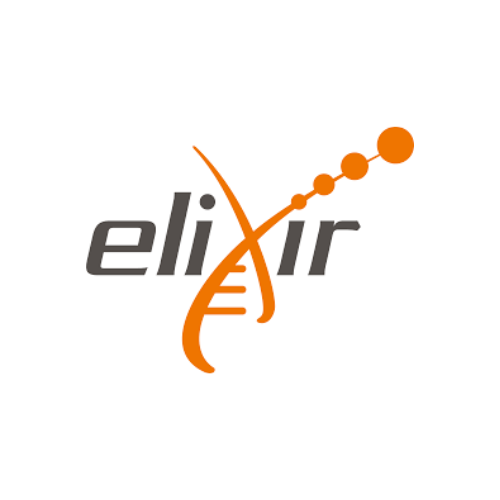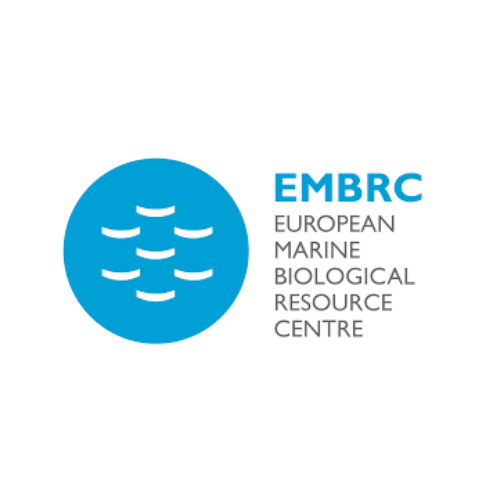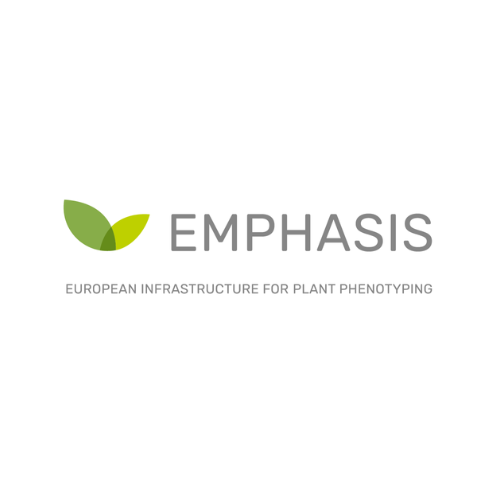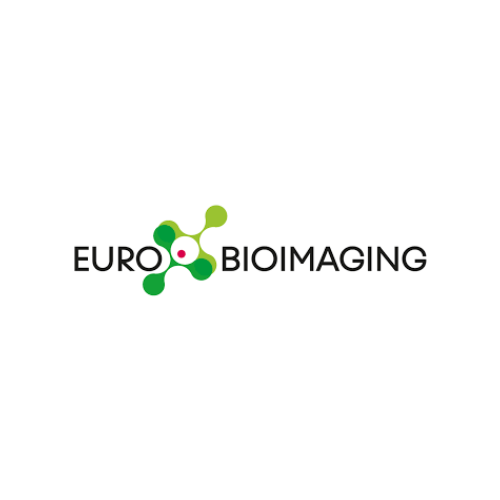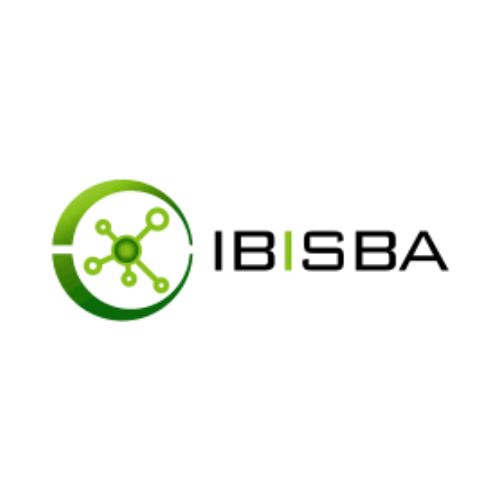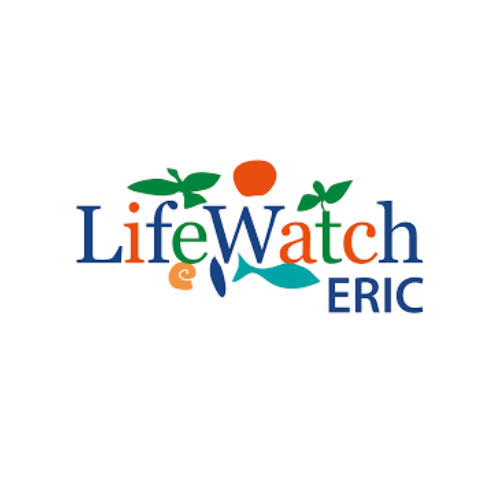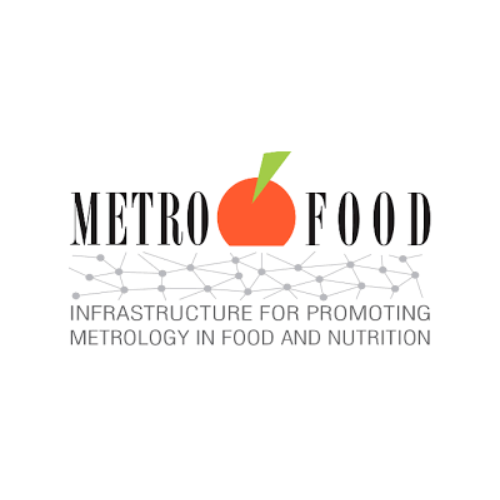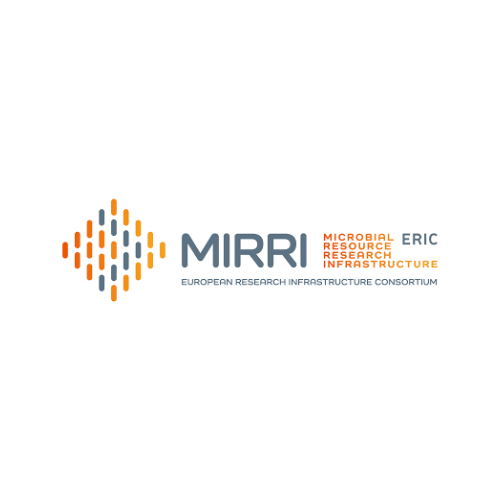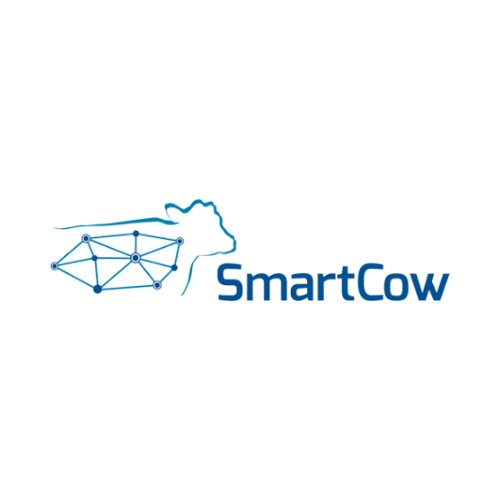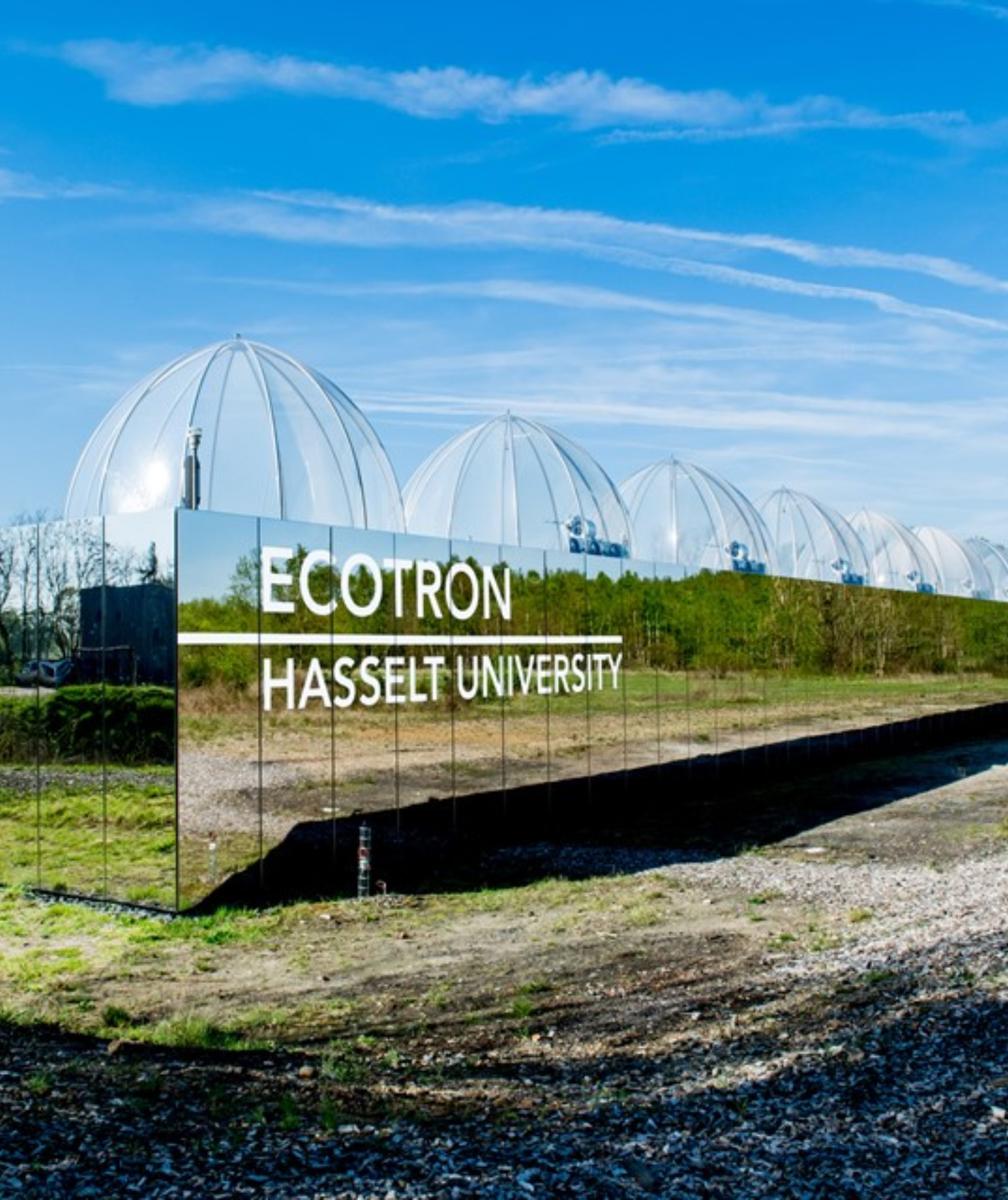
Our research infranstructures
AgroServ is an interdisciplinary service provider that gathers 11 recognised Research Infrastructures and a complementary offer of socio-economic services which make up our twelfth infrastructure. This interdisciplinary consortium enables research on agroecosystems in a holistic and multi-scale approach.
What is a Research Infrastructure?
A research infrastructure is an organization that enables the research community to use specific facilities, resources and services in order to accelerate scientific achievements and promote sustainable research.
Through AgroServ, users are offered complementary and customised research services related, among others, to: antimicrobial resistance, emerging pest and diseases, soil health, climate change resilience, animal/human well-being, value chain, smart agriculture, smart innovation, rural communities. This wide portfolio of services spans all scales: the molecular/micro-organism level ; the plant-animal level, the ecosystem level and the society level.
The 12 RIs at the heart of AgroServ: AnaEE-ERIC, ELIXIR, Euro-BioImaging, EU-OPENSCREEN ERIC, EMPHASIS, EMBRC-ERIC, IBISBA, LifeWatch-ERIC, METROFOOD-RI, MIRRI-ERIC, SmartCow, Socioeconomics (UTAD and LUKE).
AnaEE-ERIC aims to pave the way for understanding the complex impact of today’s multiple, interacting global change drivers on terrestrial and aquatic continental ecosystems across Europe. It will forge evidence-based adaptation and mitigation strategies that assure plant, soil, water, biodiversity and ecosystem health today and in the future. Those strategies are needed to maintain essential services to society, including carbon sequestration, food security, clean water, biodiversity.
ELIXIR unites Europe's leading life science organisations in managing and safeguarding the increasing volume of data being generated by publicly funded research. As an intergovernmental organisation, ELIXIR brings together life science resources from across Europe, including databases, software tools, training materials, cloud storage and supercomputers.
EMBRC-ERIC was established to advance fundamental and applied marine biology and ecology research – while promoting the development of blue biotechnologies. It enables access to services, facilities, and technology platforms in its 70 marine stations in 9 European countries in support of robust, cost-effective and efficient research.
EMPHASIS's vision is to help scientists better understand plant performance by analysing genotype performance under different environmental conditions and by translating that knowledge into application. EMPHASIS addresses the technological and organisational limitations of European plant phenotyping and aims to promote future food security and agricultural business.
EU-OPENSCREEN ERIC offers access to high-capacity compound screening and medicinal chemistry services throughout Europe for the development of novel chemical compounds for pharmaceutical and agricultural applications. Services are provided by 30 partner sites in 10 countries. It also operates the open-access European Chemical Biology Database.
Euro-BioImaging is the European landmark research infrastructure for biological and biomedical imaging. Through Euro-BioImaging, life scientists can access imaging instruments, expertise, training opportunities and data management services that they might not find at their home institutions or among their collaboration partners.
IBISBA produces translational R&D&I services to an international community of industrial biotechnology stakeholders. It simplifies access to advanced multidisciplinary services that accelerate end-to-end bioprocess development and contributes to the delivery of low carbon, low environmental footprint technologies for a wide variety of market sectors (pharma, agri-food, energy, chemicals…).
LifeWatch-ERIC provides e-Science research facilities to scientists to address key planetary challenges. By providing access to a multitude of data sets, services and tools, it enables the construction and operation of Virtual Research Environments or Virtual Labs. It offers new opportunities for large-scale scientific development, supports knowledge-based decision-making on biodiversity and ecosystem management and enables accelerated data capture with innovative technologies.
METROFOOD-RI is a distributed-Research Infrastructure for promoting Metrology in Food and Nutrition, which will provide high level metrology services for enhancing food quality & safety and supporting the traceability and sustainability of the agrifood systems. It aims to strengthen scientific knowledge, promote scientific cooperation, among others.
MIRRI-ERIC is dedicated to the preservation, characterisation, provision and valorisation of microbial resources. It brings together 50+ microbial Biological Resource Centres (mBRCs), culture collections and research institutes from ten countries. MIRRI serves the bioscience and the bioindustry communities by facilitating the access to the broadest range of high-quality microorganisms, associated data and services.
SmartCow integrates key European cattle research infrastructures to promote their coordinated use and development and thereby help the European cattle sector face the challenge of sustainable production. Covering all the relevant scientific fields and the diversity of cattle types and production systems, SmartCow is able to provide the academic and private research communities access to 11 major research infrastructures from 7 countries (18 installations) of high-quality services and resources. These are needed to develop innovative and ethical solutions for efficient use of animal and feed resources that promote animal welfare and healthy livestock, as well as sustainable competitiveness.
UTAD and LUKE are two AgroServ partners whose services offer constitutes the unofficial 12th Research Infrastructure within the consortium.
This is to address the complexity behind agroecological research, where sociological and economic expertise and services can complement research carried out in other disciplines, to assess impacts and analyse essential data in the advancement of the agroecological transition.
